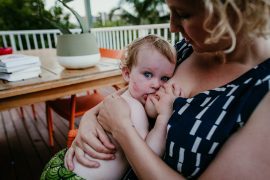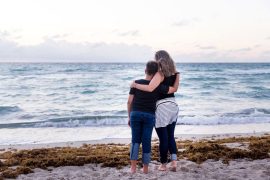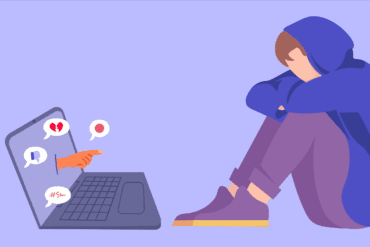What do we tell our kids about coronavirus disease 2019?
You’re the best gauge when it comes to your child’s emotional readiness for the details of COVID-19. Older kids will likely be more willing to establish and be diligent about good hygiene if they know more of the details. Please don’t “protect” them emotionally by not discussing it; as the saying goes, information is power. Do stress, if they get to this level, that they’re very unlikely to die from the disease. Fortunately, to date, most children have fared very well. You might frame it, however, that many of the people who they encounter on a regular basis might not have an immune system that’s as strong as theirs, so by being careful themselves, they’re giving others a better shot at avoiding the outbreak.
For younger kids, I do not recommend talking about people dying from it. What I’ve said to some young people (aged 10 and under) is this:
There’s an especially tricky virus going around and making some people really sick, so we need to make sure to wash our hands extra well and often. I’ll take care of you and help keep our family safe.
And this is the important part: follow up. When they go to the playground, they should bring hand wipes or sanitiser with them. If you join them, make sure they use it. When they get home, they should wash their hands correctly. Here’s how. Please show them this video as a guide. It seems simple, but watching it here will help the message sink in. Please supervise their washing as necessary. Further, remind them not to touch their face until after they’ve washed their hands.
You really don’t need to say more than this to young kids. Allow them to ask questions if they have any. Answer them simply and honestly. Refrain from offering too much information; they’ll probe if they want to know more. Most simply can’t grasp adult-level detail and it has the potential of creating undue anxiety for them. They don’t need to feel helpless; they need to know how to wash their hands.
What should we say about school and other activities in public?
Kids will undoubtedly hear someone at school, or at one of their activities, cough or sneeze. As is human nature, they might worry about whether it’s COVID-19.
Please reassure them that it’s likely just a plain old cold or allergies. Odds are very strongly in favour of that being all it is.
That said, do tell them that they don’t need to play with or stand near anyone who’s acting like they might be ill. They can move their bodies to another location. If they’re concerned, they should talk to their teacher, coach, or another responsible adult. And yes, they should probably go wash their hands again if they’ve been near that person.
Kids will follow our lead after we present the topic of COVID-19
If we present it fearfully, they’ll be fearful. If we present it with rational concern, however, it’ll drive awareness without causing them to worry. Take care of yourself and your family, and to the extent that you can while being diligent, please continue to enjoy life as usual.
Originally published here.
Sarah R. Moore is a published writer and the founder of Dandelion Seeds Positive Parenting. You can follow her on Facebook, Pinterest, and Instagram. Certified by the Raffi Foundation for Child Honouring, she works alongside bestselling author Elizabeth Pantley. She also spent a year observing Teacher Tom, a leading practitioner of ‘democratic play-based’ education. Her glass is half full.










